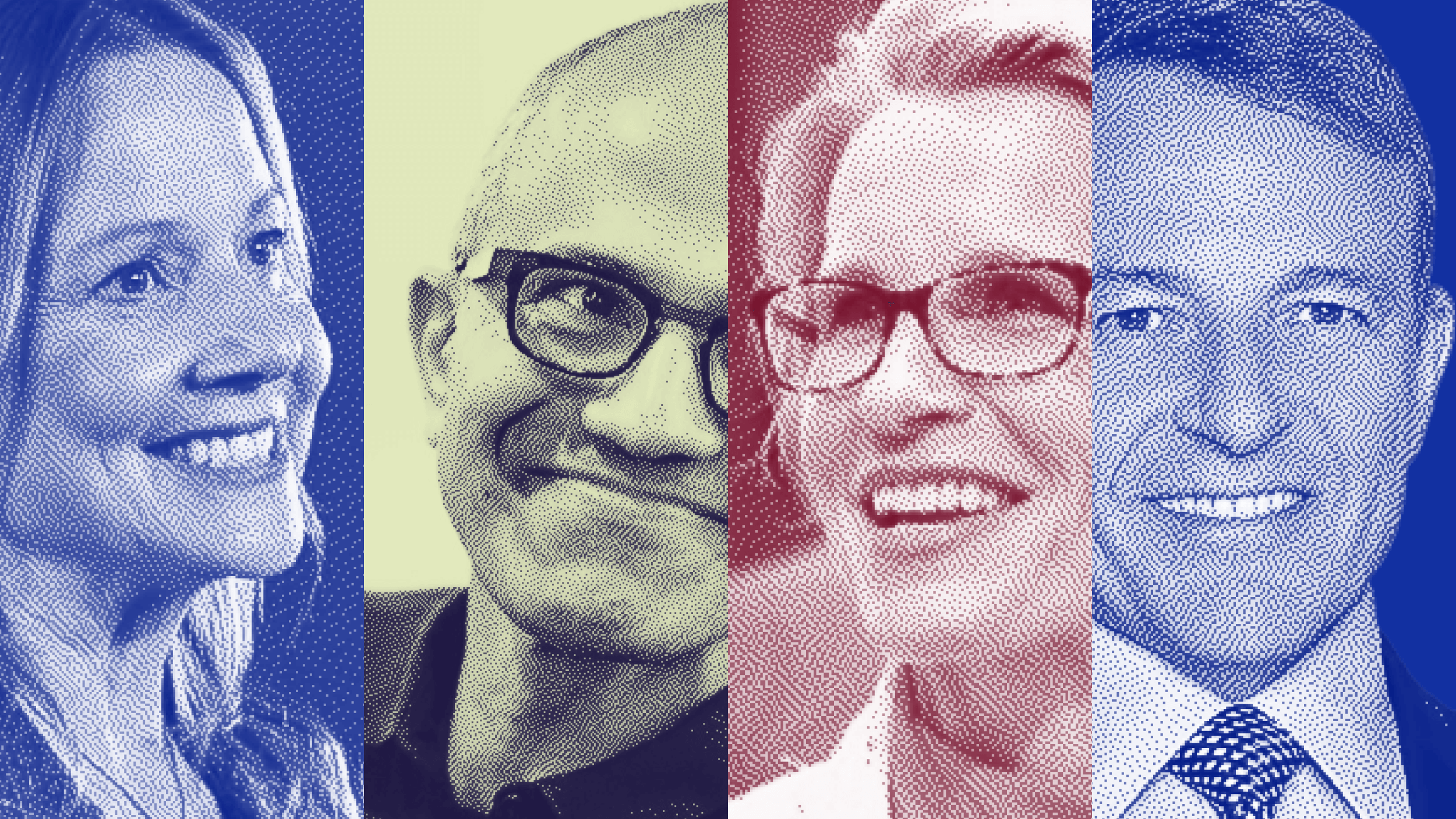Citing a financial services industry that relied too much on models and algorithms and not enough on real-life experiences, Thomson Reuters CEO Tom Glocer says that he works to keep his company agile and flexible as it expands both vertically and geographically.
I think people get carried away in believing that they can really analyze every possible risk that is out there. If there is one thing that we've learned in this recession is that you know the black swan risks, the infinitesimally unlikely risk to occur, does occur, and carries with it an enormous negative consequence. We're all pretty good at imagining the semi-likely risk which have, let's say, a smaller amplitude, but we're not good at predicting the one in a million risk that takes down the firm.
And I think at the base of a lot of what we have seen in financial services is a reliance on models and algorithms and expressing risk really as a degree of mathematical uncertainty in a simulation, rather than the way it actually happens in real life, and fairly disastrous consequences, when you go out of bounds in your simulation, you then get exposed to risks in correlations of other risks that can take down the whole system.
So, what do we do? We try to anticipate what Donald Rumsfeld would call the known unknowns, but rather than kid ourselves to believe that we know every unknown unknown, we try and build in a certain agility and flexibility. You just need to pull in and make and as variable as possible a lot of your investments and a lot of your plans to be able to adapt and turn quickly when conditions change.
Our opportunities for growth take two vectors. Let me start with the geographic one. If you believe that in places like India, China and Brazil there will be more lawyers, more doctors, more bankers, more wealth managers ten years from now, as opposed to today, then we have a very healthy amount of runway ahead of us in terms of geographic expansion. We already have about a billion-dollar business in Asia; it grew at approximately 5% in the first quarter. Our business in the Gulf grew 24%. There is still a lot of room as the world professionalizes. So that's the geographic opportunity.
The vertical opportunity exists within our existing businesses. Financial services is going through a very difficult restructuring and reset, but we fundamentally believe that the idea of intermediated financial markets are not going away, neither is the need for individuals to have help in asset allocation and managing their wealth, probably with a bit more focus at least in the near term on the risk downsides of investment strategies. But nonetheless, I don't think the world goes, just to do it yourself, just a pass book savings.
Additionally, we can add additional vertical markets. Today we are in financial services, legal tax and accounting, healthcare, science and media. But using the exact same principles, why not energy, why not environment, why not security, why not insurance, why not advertising, and so on. Because the basic thrust of the business is we have deeply expertise unit in these vertical markets, and we lay across them serious of what I think is as horizontal capabilities, like technology platform, like people processes, how do we recruit, how do we motivate the best talent and then how do we allocate capital across them. It's a relatively simple model, but we think a powerful one that let's us expand into two directions.





